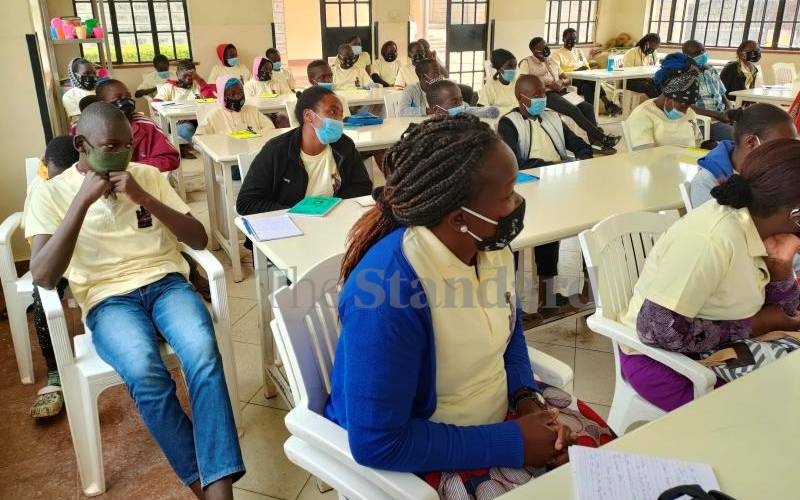
Rael Atieno got pregnant at 14. She later gave birth to a baby boy. At that time, Atieno who lived in Kianda, one of the slums of Kibra blames it to lack of knowledge on how to handle peer pressure. She shares, several of her friends had got babies at an early age. And, moving around cuddling their babies, looked fun. They seemed to enjoy it.
“It looked fashionable for any young girl to get baby in our area. But when l got pregnant, l severally thought of abortion, but friends cheered me on, urging me to carry the pregnancy to the end, which l did,” narrates Atieno who was in form one.